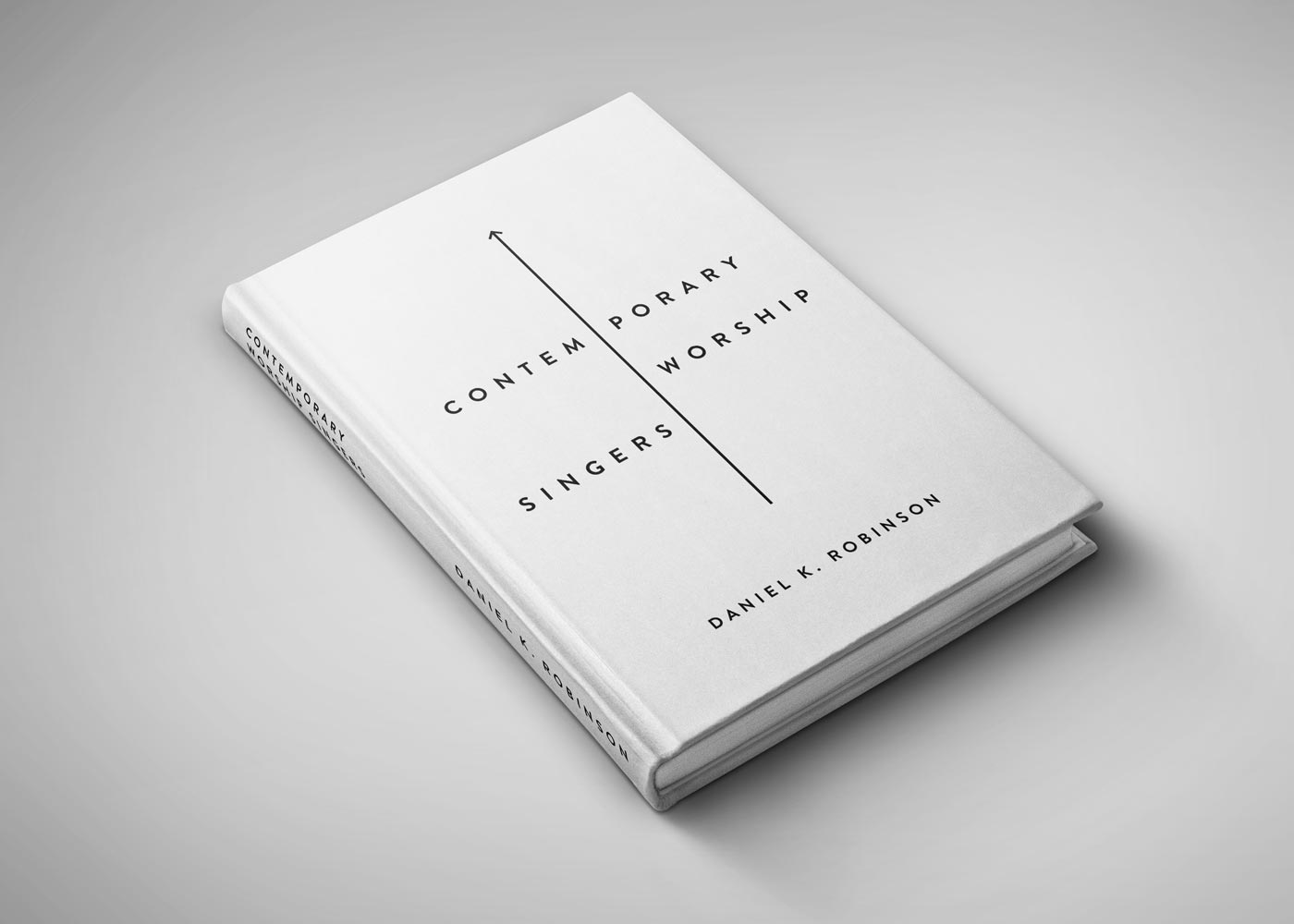Dr Daniel K Robinson’s Doctoral Dissertation
₩0.00
Add the ‘Dissertation’ to your cart below to receive the download link. It’s 100% FREE!
You might also be interested in Dr Dan’s Voice Essentials Online courses. Check it out…
Contemporary Worship Singers
Abstract
Singing is an integral part of Christian worship. Recent developments in the practice of western Christian worship over the last half-century have led to a surge in prominence of the role and of those individuals who lead the singing; yet their characteristics, and that of their role, have been relatively under-researched. This study reviews the multiplicity of current Australian Christian worship settings and studies the collective voice of those who participate in the role in order to understand the construct, culture, environment and vocal task of the Contemporary Worship Singer.
The research is designed around an in-depth review of the literature followed by the ethnography techniques; survey and interviews. The first phase (survey) harvested 85 responses from across Australia via an online questionnaire. The data was analysed and emerging questions were developed for phase two (interviews). Subsequently, nine participants from five churches responded to a semi-structured interview and follow-up. The research design purposefully engaged the average voice of the Contemporary Worship Singer by randomly selecting the participants for both survey and interview. The voice of the data cohort is triangulated against the literature review and the voice of the researcher in order to cultivate qualitative analysis and subsequent conclusions.
The overall research project reveals that the role and the vocal task of the Contemporary Worship Singer lacks general understanding by key stakeholders: church music directors, professional singing teachers and the Contemporary Worship Singers themselves. Consequently, individual singers are confronted by a confused state of parameters as they attempt to engage in the role and the vocal task. Cultural considerations such as performance orientation and theological concerns including the ‘anointing’ require greater levels of instruction. Accompanying these requirements is
the need for Contemporary Worship Singers to receive vocal instruction in accordance with their worship setting. Commonly, conservative worship settings will require a classically informed vocal discipline and progressive worship settings necessitate contemporary voice instruction.
The study draws conclusions from the four structural pillars of enquiry (construct, culture, environment and voice) and delivers nineteen distinctive features that distinguish the Contemporary Worship Singer as a unique vocalist in the wider community of singers. The implications of the study find their climax in the ‘Contemporary Worship Singer Assessment Tool’. The practical implications of the Contemporary Worship Singer Assessment Tool empower key stakeholders (especially singing teachers) to correctly identify the individual singer’s worship setting and
correctly nominate the most appropriate vocal discipline. The study highlights the Contemporary Worship Singer as an active, vibrant and highly populated demographic in the wider community of singers.
You may also like…
-

Dr Dan’s “Voice Essentials” BUNDLES (Digital Download) – SUPER BUNDLE 1+2+3 (Tracks & eManuals) – SAVE $50
₩90,066.24 Add to cart -

Dr Dan’s “Voice Essentials 2” (Digital Download)
₩1,757.17 ₩31,493.90Price range: ₩1,757.17 through ₩31,493.90 Select options This product has multiple variants. The options may be chosen on the product page -

Dr Dan’s “Voice Essentials 1” (Digital Download)
₩0.00 ₩31,493.90Price range: ₩0.00 through ₩31,493.90 Select options This product has multiple variants. The options may be chosen on the product page


Reviews
There are no reviews yet.